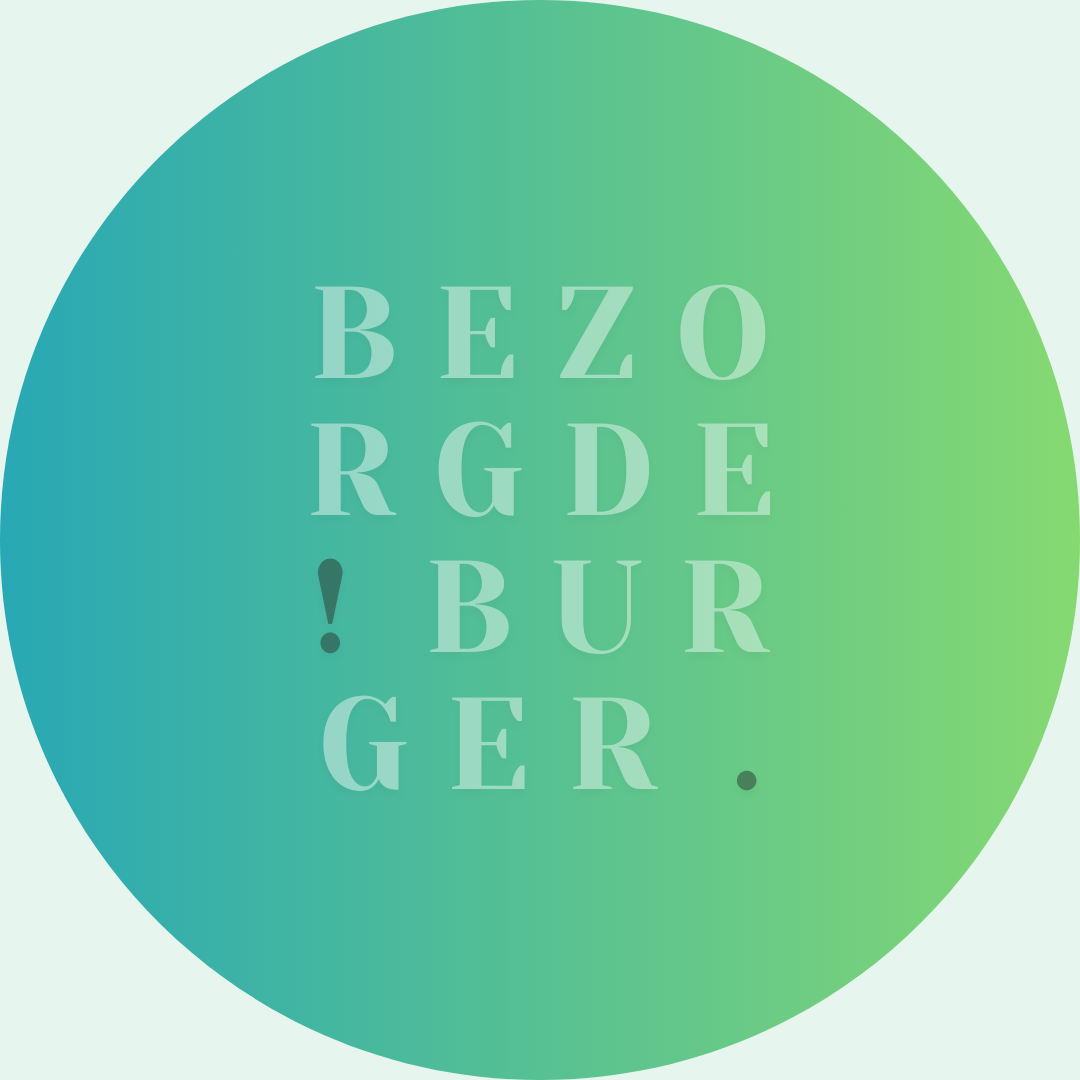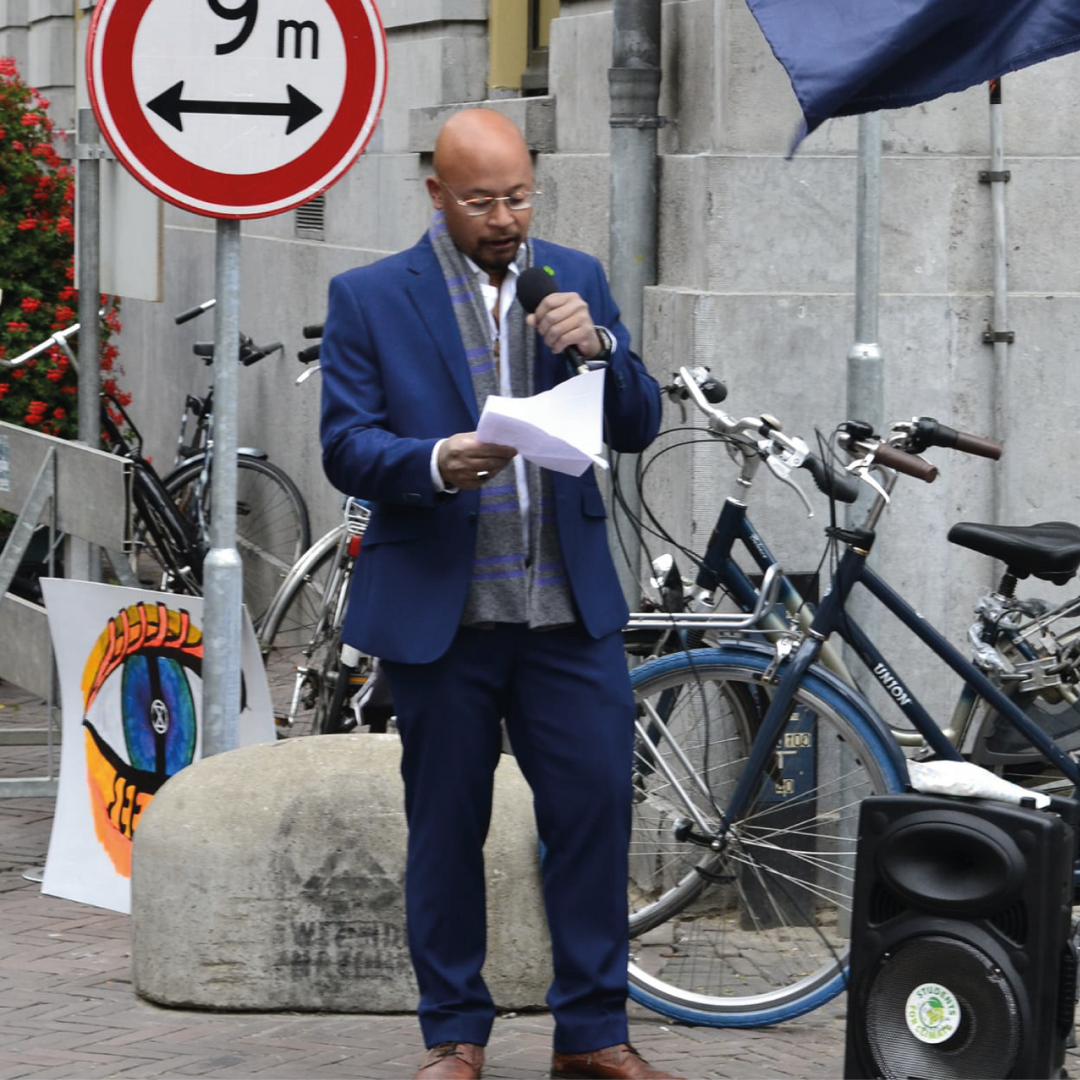
Action trainings | Demonstration law | Tastings
Demonstration law. A short introduction.

The right to protest is of high importance in the Netherlands.
Protesting is a means to be heard by a government that would
otherwise choose to not listen.
Especially now the Tweede Kamer (house of commons) it talking about deminishing the right to Protesting it is good to realise they can't really do that. Demonstration law is constitutional and above that it is based in European law.
Ofcourse the right to protest has some bounderies. There are a few factors on which a government can limit a demonstration. When safety, health or public order are at stake.
Public order is not disturbed when the government finds you annoying. Public order is only disturbed when societal structure in the public space is severely disturbed. (not to be mixed up with disrupted.) For example when violence is used or riots break out. Doing disruptive actions is not disturbing the public order. Yes there is some kind of disruption of 'business as ususal' but that's the whole idea of a demonstration. Some form of nuisance is essential part of a protest, and also the law facilitates that.
So this is the point where we step into the grey area. During protests, especially when they are disruptive, it might happen that people are arrested under suspicion of having commited a crime. When it turns out later, for example in court, that the protester has not committed a crime, it does not automatically mean that the triangle has acted unlawfully.
Civil disobedience is breaking a certain law in the expectation that a higher law will acquit you. Normally you can be prosecuted when you sit on a road. but within the context of a demonstration you will be acquitted.
To get a better idea which form of protest fits you, to determine what is allowed within de bounderies of the law, and to decide your own bounderies, Bezorgde!Burger offers a broad variety of trainings.
Besides trainings Bezorgde!Burger also offers workshops and briefings.
The government does not need to agree with you on the topic
Especially on topics where the government does not like your message. demonstration law is a way to bring balance back in the rule of law. Therefore is is not a favor that the government can randomly grant to you. In essence it is not even up to them. Demonstration right is just solid as the existence of government itself. because it is grounded in the same law, the Dutch constitution.Especially now the Tweede Kamer (house of commons) it talking about deminishing the right to Protesting it is good to realise they can't really do that. Demonstration law is constitutional and above that it is based in European law.
De rechtsorde
Protesting is not going against the law. On the contrairy. Many laws, among which the constitution adress this as a basic right. A government that tries to take away your right to protest is basically also taking away their own validity. Beacuase maybe demonstration right is even more important than the government, since is in European law the government is restricted while protesting gets more space to operate.Ofcourse the right to protest has some bounderies. There are a few factors on which a government can limit a demonstration. When safety, health or public order are at stake.
Public order is not disturbed when the government finds you annoying. Public order is only disturbed when societal structure in the public space is severely disturbed. (not to be mixed up with disrupted.) For example when violence is used or riots break out. Doing disruptive actions is not disturbing the public order. Yes there is some kind of disruption of 'business as ususal' but that's the whole idea of a demonstration. Some form of nuisance is essential part of a protest, and also the law facilitates that.
The grey area
It is in de faculty of the government to make an estimate on whether health, safety or public order is at stake. In Holland that would be the mayor, the chief of police, and the prosecution (the triangle). To estimate if you committed a crime is up to the prosecution. But it is only the judge that can later cast a verdict whether you actually committed a crime.So this is the point where we step into the grey area. During protests, especially when they are disruptive, it might happen that people are arrested under suspicion of having commited a crime. When it turns out later, for example in court, that the protester has not committed a crime, it does not automatically mean that the triangle has acted unlawfully.
Civil disobedience. You are allowed to do more than you think.
There is a misconception that civil disobedience might be violent. On the contrairy, civil disobedience is by definition non-violent. The moment violence is used you are not allowed to call it civil disobedience anymore. For violence is forbidden. But civil disobedience is permitted. It is even regulated by law.Civil disobedience is breaking a certain law in the expectation that a higher law will acquit you. Normally you can be prosecuted when you sit on a road. but within the context of a demonstration you will be acquitted.
A broader view on demonstration law
Now, to get a but more specific, what is actually allowed, and what not? And if somethings is legally allowed, would that authomatically mean that it is wise to do? Or vice versa. If it is legally not permitted could there be moral reasons to still do it.To get a better idea which form of protest fits you, to determine what is allowed within de bounderies of the law, and to decide your own bounderies, Bezorgde!Burger offers a broad variety of trainings.
Besides trainings Bezorgde!Burger also offers workshops and briefings.